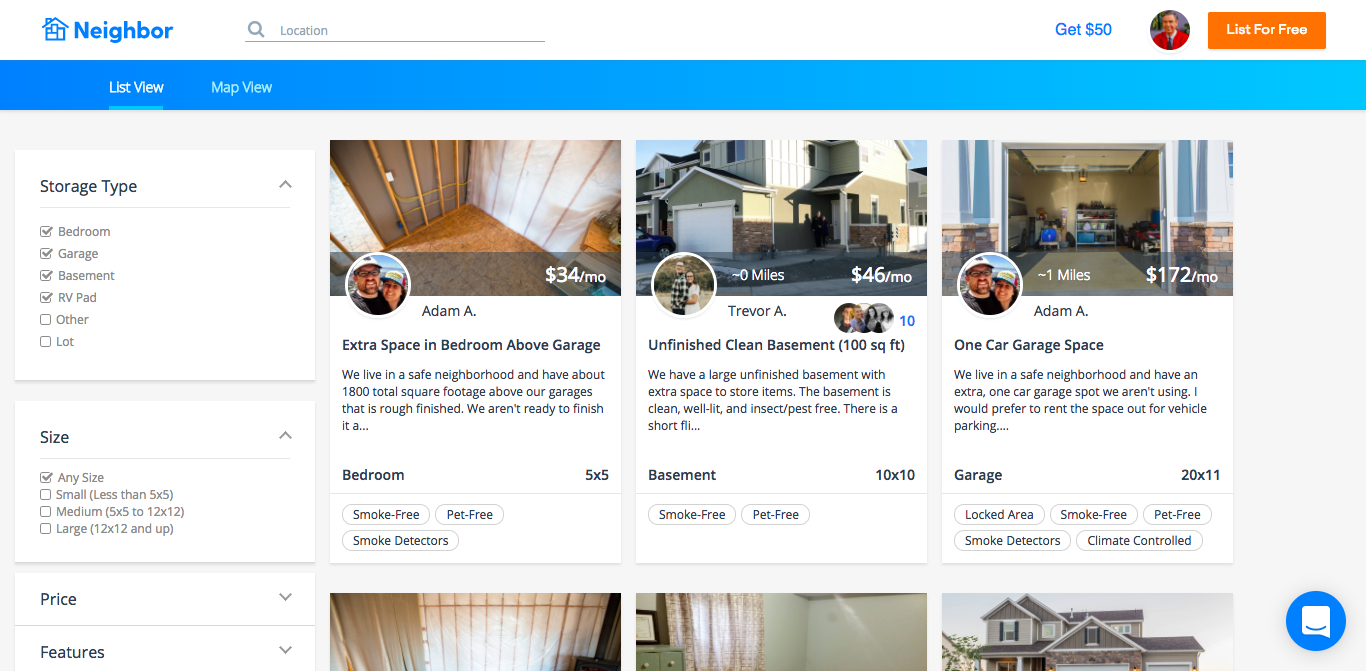What’s sadder than a sad emoji? A sad cowboy emoji.
To be clear, you will not find a sad cowboy emoji on your phone. (Do not look. It is not there.) Sad Cowboy is simply a meme, created by merging the “cowboy” emoji and the poorly named “pensive” emoji. It can also be called “Sad Howdy Boy,” which we prefer.
Sad Cowboy has been around for a while (since July 2017, when it was created by Din M’rini) but his lonely, lonely face pops up every few months on Twitter.
Sad Cowboy is available for all your sad meme needs, but especially your sad country ones. Look at his little face. The hat really does make him look extra sad, as if he’d gotten dressed up for a party and was then uninvited. It’s okay, Sad Cowboy. All will be well. Just not… right now. Read more…
More about Memes, Emoji, Culture, and Web Culture
Source: Mashable | Meet Sad Cowboy, the most tragic figure in the Wild West
